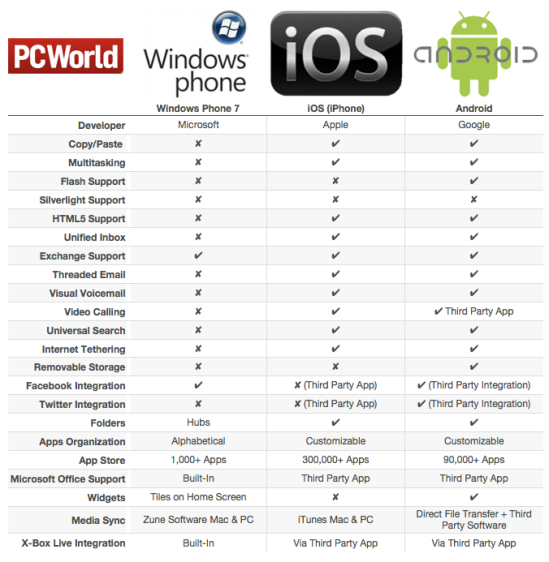Google’s Chrome operating system for netbooks has been in the works for a while, but the company finally seems ready for a May launch. The company launched a stable developer channel for Chrome OS last week, fueling speculation that devices with the software would be announced in May at Google I/O conference, possibly shipping by summer, as the company previously promised.
Google Chrome OS debuted almost two years ago and is an open-source operating system geared towards netbooks — the hottest-selling computers until the iPad arrived. After some delays, Google said Chrome OS devices would hit store shelves by mid-2011, a deadline rapidly approaching.
Some had a chance to test Chrome OS for the past few months via Google’s ownCR48 Chrome netbook, a hardware and software developer testbed before the arrival of mass-produced third-party hardware. The CR48 has a has a 12.1-inch screen, a full keyboard, an oversized touchpad, world-mode 3G, 802.11 Wi-Fi, a Web cam and eight hours of active battery life.
Reviewing Chrome OS and the CR48 laptop, PCWorld‘s Edward Albro wrote “I don’t expect using the Chrome OS to be a revolutionary experience. Instead, it feels a bit more like working with one hand tied to your side — it’s possible, but awkward.” He notes, however, some advantages of Chrome OS versus netbooks running Windows, such as 15-second boot, longer battery life, and simplicity.
But with the iPad probably the hottest consumer device right now, do Chrome OS netbooks stand a chance? They could, if the price is lower: for example, Asus is rumored to launch a sub-$250 Chrome netbook, targeted for people who want to use basic productivity applications or browse the Web. That’s almost half the starting price of an iPad, and could be a tempting proposition for customers.
Meanwhile, Hewlett-Packard, Lenovo, and Toshiba, original Google partners for Chrome OS, have yet to announce any products, let alone pricing and availability, for any netbooks running the browser-centric OS.
Brought to you courtesy of




